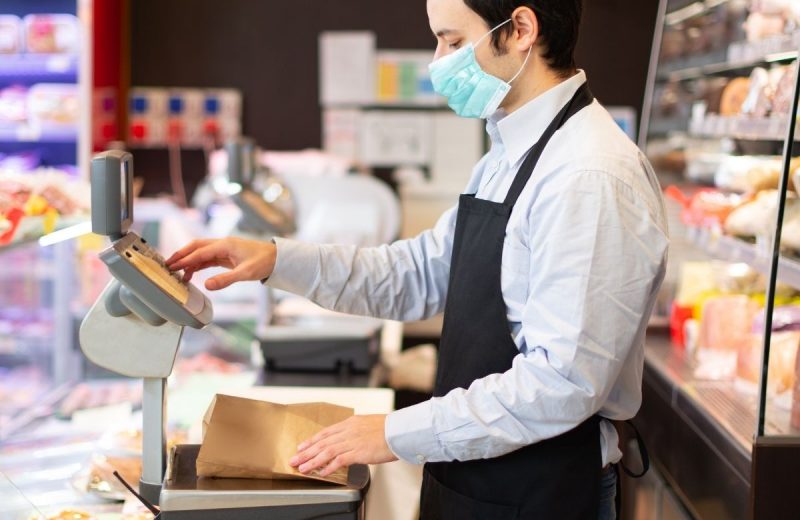Critical Queensland workers will be able to provide essential services while they are classified contacts provided they meet strict health criteria.
Premier Annastacia Palaszczuk said the move was restricted to a narrow range of industries to ensure essential services and supplies like groceries, petrol, energy, water, freight and others could continue.
Critical or essential workers who are eligible and are able to work during their close contact quarantine period will need to:
- be fully vaccinated;
- be asymptomatic;
- wear a mask;
- travel to and from work in a private vehicle;
- while travelling and working, wear appropriate PPE;
- maintain hygiene behaviours such as regular hand washing;
- undertake regular symptom surveillance;
- undertake a RAT on day 6, consistent with the requirements for all close contacts.
If at any stage they develop symptoms, they need to return to quarantine immediately.
Employers need to determine if their organisation or business falls under the narrow list of critical industries, then identify which roles within their organisation are critical and cannot be performed from home, before notifying the Queensland Government.
A ‘critically essential worker’ will be defined as someone employed in one of the following industries, who must be in the workplace to do their job:
- health emergency services, including Police;
- the resource sector;
- power/utilities;
- agriculture and fisheries production;
- freight and logistics;
- public transport;
- teachers;
- essential retail such as supermarkets and stores in remote locations/communities;
- major manufacturing, distribution, and critical supply chains (for example food and petrol).
For more information, including what to do if you have a critically essential worker who needs to work during their close contact quarantine period, visit the Queensland Government website.
Learn More
Below is more information to ensure businesses are familiar with the latest requirements for confirmed cases and close contacts.
- If you are diagnosed with COVID-19, you must immediately isolate for 7 days from the date you took your COVID test.
- If you are a close contact of a diagnosed case of COVID-19:
- If you have symptoms, get tested and immediately quarantine for 7 days from the date the diagnosed case took their COVID-19 test.
- If you do not have symptoms, immediately quarantine for 7 days from the date the diagnosed case took their COVID-19 test. You will need a negative day 6 test to be released from quarantine.
- Close contacts are household members or household-like contacts of a diagnosed person.
- A household-like contact is a person who has spent more than four hours with the diagnosed person in a house or other place of accommodation, care facility or similar.
The Isolation for Diagnosed Cases of COVID-19 and Management of Close Contacts Direction (No. 3) provides further information.
What happens when an employee tests positive?
If an employee becomes a diagnosed case, other staff from that business won’t need to quarantine unless they are also a household member or household-like contact of that employee. More information on close contacts quarantine and testing requirements is available.
Learn More
When do I need to get tested?
Anyone with COVID-19 symptoms needs to get tested. You can use a Rapid Antigen Test (RAT). You should only get a PCR test if you cannot get a RAT. While RATS may be difficult to access currently, it is expected that supplies will increase over the coming weeks.


